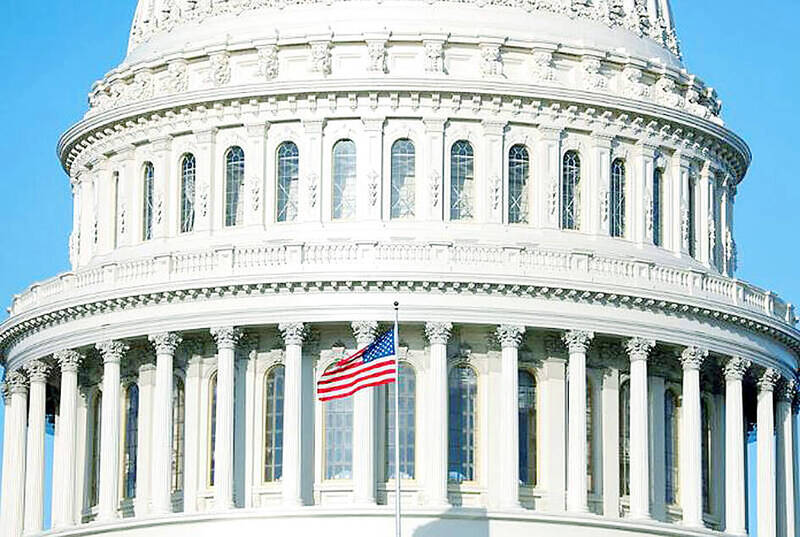《TAIPEI TIMES》 US bill aims to boost transfer of weapons to Taiwan
INTERNATIONAL PARTICIPATION: The bill also encourages the US and European nations to counter China’s propaganda and false narratives about UN Resolution 2758
/ Staff writer, with CNA
US senators Pete Ricketts and Jeanne Shaheen on Friday introduced a bill to facilitate Europe’s transfer of US-made weapons to Taiwan to encourage improved cooperation between European countries and Taipei.
Ricketts, a Republican, and Shaheen, a Democrat, proposed the Building Options for the Lasting Security of Taiwan through European Resolve (BOLSTER) Act, which aims to create a mechanism for NATO countries in Europe to more easily transfer US equipment to support Taiwan’s defense, Ricketts said in a statement.
The bill was initiated after China on Thursday launched a massive two-day military exercise around Taiwan after President William Lai (賴清德) was sworn in on Monday.
The bill would require the US secretary of state to set up an expedited decisionmaking process for third-party transfers of defense devices and services from NATO countries to Taiwan less than 90 days after the legislation is implemented.
To prevent China from “occupying any territory controlled or administered by Taiwan,” “violating the territorial integrity of Taiwan” and “taking significant action against Taiwan,” such as a naval blockade or cyberattack that threatens infrastructure, the bill would require the head of the US Office of Sanctions Coordination, in consultation with the director of the US Office of Foreign Assets Control, to conduct regular discussions with the International Special Envoy for the Implementation of EU Sanctions and appropriate government officials of European countries.
If the bill is enacted, the state secretary must, within 180 days, brief the US Senate’s Committee on Foreign Relations and Committee on Armed Services, the US House of Representatives’ Committee on Foreign Affairs and Committee on Armed Services on discussions with governments of NATO countries in Europe about contributions to Taiwan’s self-defense.
The contributions would include arms transfers and sales — in particular of weapons consistent with an asymmetric defense strategy — and increasing the military presence of European NATO countries in the Indo-Pacific region, the bill says.
Under the bill, the US and European countries would discuss how to provide humanitarian aid to Taiwan in the event of a blockade, quarantine, or military invasion by the Chinese People’s Liberation Army (PLA).
The bill would also require the US president to submit reports to the US Congress assessing the economic impact that Chinese military actions against Taiwan would have, including its effect on global trade, and a list of 10 economic sectors that would be most disrupted by a sustained blockade of Taiwan by the PLA.
“Everyone who believes in freedom and democracy, including our partners in Europe, must stand up to PRC [People’s Republic of China] aggression. That means strengthening ties to Taiwan and ensuring [Chinese President] Xi [Jinping, 習近平] understands an attack on Taiwan would have severe consequences,” Ricketts said in a statement.
The bill also includes a “Sense of Congress” resolution which says that the US and European countries should counter China’s propaganda and false narratives about UN Resolution 2758.
European countries, in particular those that have experience combating Russian aggression and malign activities could provide “Taiwan with lessons learned from their ‘total defense’ programs,” it says.
Resolution 2758 was adopted by the 26th UN General Assembly in 1971 to solve the issue of China’s representation in the UN system. It ultimately led to Taiwan, officially named the Republic of China, withdrawing from the UN and the PRC taking its place.
The resolution passed on Oct. 25, 1971, recognizes the PRC as the “only lawful representative of China,” but it does not mention Taiwan, does not state that Taiwan is part of the PRC and does not explicitly authorize Beijing to represent Taiwan in the UN system.
新聞來源:TAIPEI TIMES






















